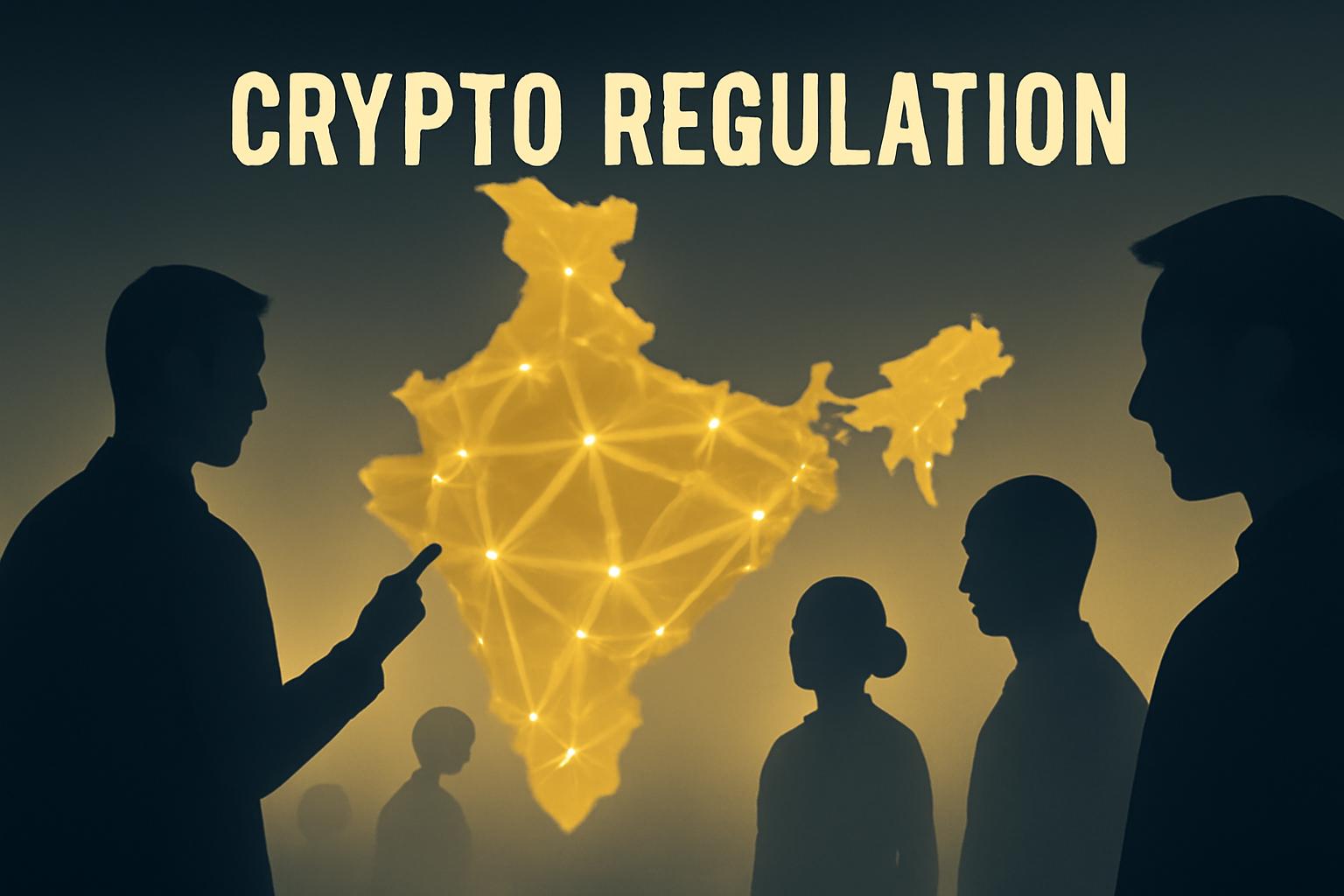India Delays Broad Crypto Regulation Over Systemic Risk Worries
Indian authorities are postponing the introduction of comprehensive cryptocurrency regulations amid concerns that formal rules could inadvertently legitimize digital assets and introduce systemic financial risks. The Reserve Bank of India (RBI) reportedly views regulation as a double-edged sword that could cause the crypto sector to become systemic.
According to a Reuters report citing internal documents reviewed by the outlet, the RBI believes containing the risks posed by cryptocurrencies through regulation would be challenging. The documents emphasize that while an outright ban could mitigate the speculative risks associated with cryptocurrencies, it would not prevent peer-to-peer transfers or decentralized exchange trading.
Current Regulatory Landscape in India
At present, India does not have a comprehensive regulatory framework for cryptocurrencies. However, the government enforces certain measures including a 30% tax on gains from digital assets and mandates registration for foreign crypto exchanges operating in the country. In late 2023, the Financial Intelligence Unit (FIU) requested blocking access to global exchanges such as Binance, KuCoin, Huobi, Kraken, Gate.io, Bittrex, Bitstamp, MEXC Global, and Bitfinex due to non-registration.
After complying with FIU registration requirements, Binance and KuCoin re-entered the Indian market in 2024. Additionally, Anti-Money Laundering (AML) regulations apply to crypto businesses operating locally, further tightening oversight within India’s crypto ecosystem.
India’s Leading Role in Crypto Adoption
Despite regulatory caution, India continues to lead globally in cryptocurrency adoption. The 2025 Geography of Crypto Report by Chainalysis highlights India’s top position across various adoption metrics. Government officials have also publicly disclosed growing crypto holdings, with Minister Jayant Chaudhary reporting a 19% increase in his crypto portfolio valued at approximately $25,500.
Nevertheless, industry experts highlight a paradox in India’s crypto landscape. Mithil Thakore, CEO of crypto platform Velar, noted that while adoption metrics appear strong, actual usage may not align, suggesting India is at a complex crossroads in its crypto journey.
FinOracleAI — Market View
The Reserve Bank of India’s cautious approach to comprehensive crypto regulation reflects significant concerns about systemic risks and the challenges of managing decentralized assets. This stance maintains regulatory uncertainty, which could restrain institutional investment and innovation in the short term. However, ongoing enforcement of AML and tax measures, alongside the re-entry of major exchanges, suggests a controlled yet open market environment.
Investors should monitor potential regulatory developments closely, especially any shifts toward formal frameworks that balance risk containment with market legitimacy. The gap between adoption and actual usage also poses risks to market stability and growth projections.
Impact: neutral













